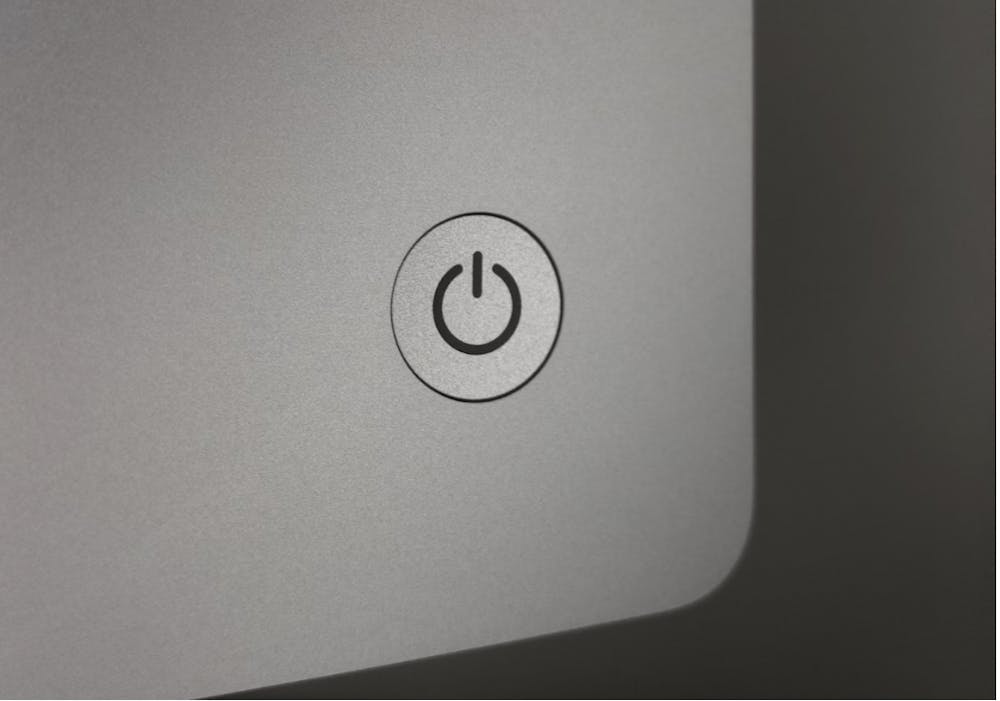It’s easy to detach. It’s detachment to scroll past a clip of a so-called live streamer spewing inconceivably degrading attacks on women and chalk it up to a misguided young man and the algorithm’s emphasis on shock value. It’s detachment to disregard the comments referencing his sentiment across the internet, quoting this video as if it were some kind of decree, and go about your day without an unshakeable pang in your chest — it’s detachment to keep yourself unfamiliar with the progression that goes from disbelief to rage to confusion.
It’s detachment to read the above and feel compelled to tell me it’s my fault that I spend too much time online, that I should get off my phone and go touch some grass. It’s detachment to argue that this random display of asocial hostility holds no significance in our personal lives. It’s detachment to tell yourself it doesn’t matter because it doesn’t affect you.
It is easy to detach, and it is easy to turn your back when things get uncomfortable. But the discomfort is indelible.
It’s uncomfortable that yesterday, I involuntarily came across a man on my screen, saying the words “your body, my choice,” and felt utterly paralyzed. These were among other words I don’t ever care to repeat.
It’s uncomfortable that just by mentioning the video, I’m apprehensive that his malice may reach me somehow.
It’s uncomfortable that this morning, I overheard students discussing the clip and could feel the disconcertment in their attempt to place it along the scale from a trivial provocation to an outright wrong:
“Just ignore it, it’s brain rot.”
“It’s just so disturbing.”
“Paying attention to it just gives him more momentum.”
It’s uncomfortable how I’ve lost count of the amount of times strangers on the street felt authorized to comment on my appearance with clear cognizance of their vulgarity, starting back when I was barely a teenager. No, what I wear has never affected this.
It’s uncomfortable that a relative who otherwise always came across as so worldly and thoughtful once jokingly remarked that a man should never even get a drop of water on his hands as his place isn’t the kitchen — you can guess whose place it is, then. You can guess the rest of the joke. It was as unfunny and numbing as it was tired and unimaginative.
It’s uncomfortable how I admittedly try to brush these kinds of things under the rug, but the twenty-something seconds of this video I sat through suddenly regurgitated all the things they had ever made me feel.
It’s uncomfortable how while life goes on, we wonder which of us choose to acknowledge these sentiments of discomfort and which of us decide they’re unimportant.
It’s uncomfortable that as I write this, I know all too well that some may read it and call it all an overreaction or displaced anger.
This isn’t about the live streamer or his video. It isn’t even about politics or reproductive rights.
It’s about how the tendency of passivity and the need for stimulation conflated to allow a video so spiteful to even gain enough traction to end up being viral, regardless of the reason, and what this reflects about, well, us. It’s about how in between the entertaining or informative content, these arguably “insubstantial” channels have created an echo chamber of ideas and values that are, for better or worse, entwined with the landscape of discourse we are exposed to on a daily basis.
The internet and social media are still relatively new to us, and their impact on our societal fabric is only just beginning to become apparent. Never in societies past has it ever been so easy to gain a platform and spark mass reactions in all directions of extremes. Oftentimes we’re unwillingly positioned as an audience to megaphones amplifying the worst of human resentment and disconnect, leaving us face-to-face with the abhorrent, more now than we ever have been before.
This should be uncomfortable to think about. It should be unsettling. But we can be wary and we can be resilient, all at the same time.
Rapidly, overwhelmingly, we are fed all kinds of voices — whether they're promoting constructive ideas or destructive ones. Our unease in the face of these voices isn’t, and shouldn’t be, a matter of ideology or a partisan agenda. The question isn’t whether these voices exist, but how we choose to engage.
I just think we should all sit in the discomfort sometimes, and see where that gets us, that’s all.
Reyna Lim is a senior studying Business Analytics. Occasionally coherent and sometimes insightful, she enjoys sharing her unsolicited opinions. You can contact her at slim6@nd.edu.










